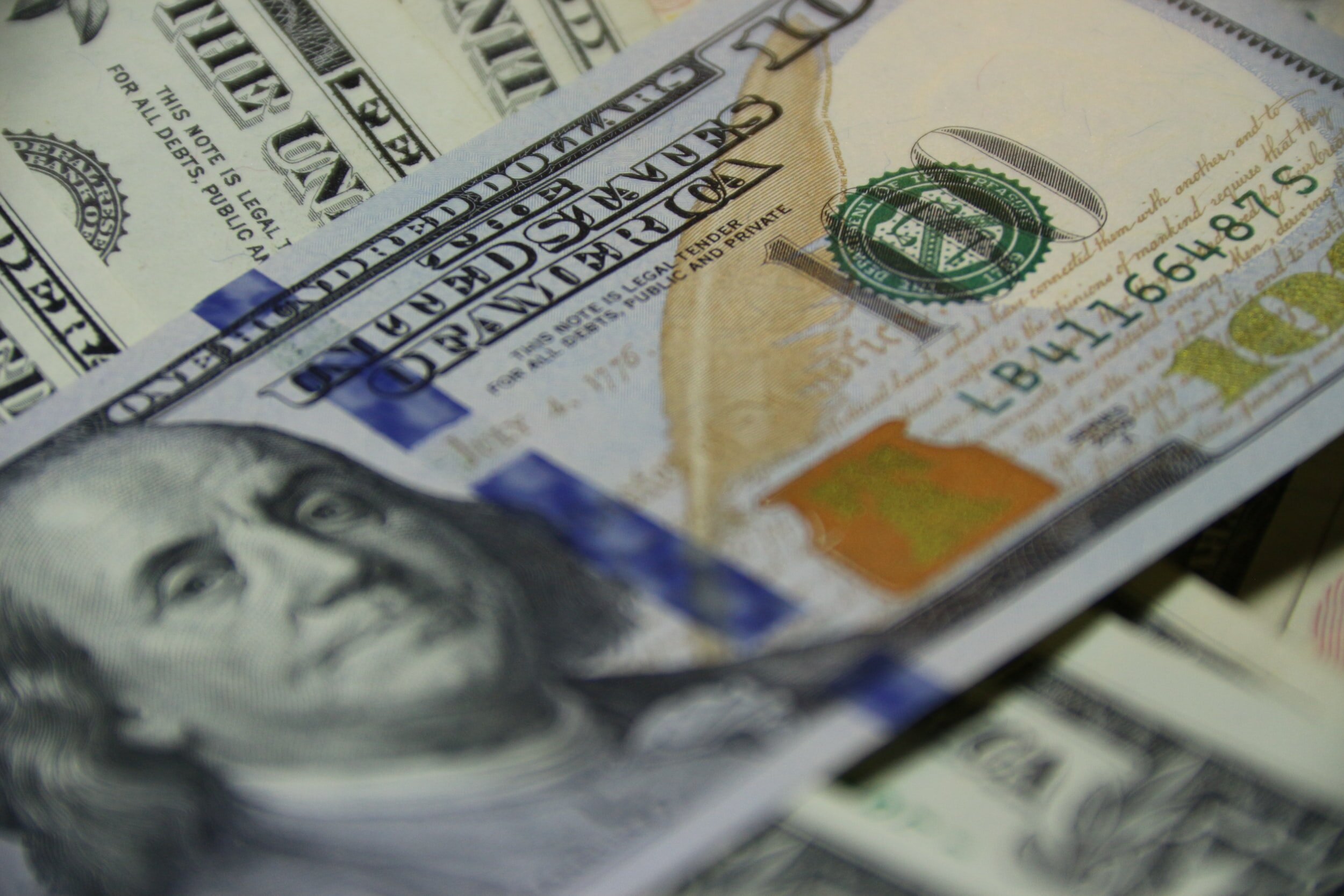Emergency Funds
One of the least sexy of all the personal finance topics is the emergency fund. Probably because nobody wants to think about the bad things that can happen in life.
Imagine you or a loved one gets sick or injured and there are unexpected medical costs. Or maybe your pet needs a last minute and expensive surgery. Or perhaps you lose your job during an economic downturn. How do we make up for these unfortunate events? Sure you may have various types of insurance, but that may not pay for everything. You still have rent or a mortgage to cover. I also imagine you will need to feed you and/or your family. These expenses are not going anywhere.
As the name implies an emergency fund is just that, a fund for your emergencies; the things in life that hit you without warning. Think of it as a savings account that helps you out when one of these types of events occurs. Typically it is recommended to have 3 to 6 months of expenses covered in your emergency fund.
How to Start?
Easy - start now. Do you have any current savings that can go towards an emergency fund? Since these are funds intended for emergencies, you will want to keep them mostly in cash and other low volatility and highly liquid assets. Putting it in stocks can make you money, but you also risk losing some of these funds when you need them most. Keep it simple and safe. Your other investments should be kept separate from your emergency fund. These are not the funds to take risks with.
The simplest approach would be to your checking, savings account or money market account. If you can earn a little interest, great, but not the main goal here. If you already have a checking or savings, that works too, just be sure you can keep track so you maintain that minimum balance of your emergency fund.
If you feel you are the type of person that can’t or won't keep track, or you will be tempted to spend if it is in your main savings account, then a separate account may be beneficial to you.
Which leads us to the next topic: How much should I have in an emergency fund?
How much should be in my emergency fund?
Since we are looking to keep you afloat for several months, first you will want to calculate your monthly expenses. This list is not exhaustive, but covers many of the common large expenses. If you are not sure, a great place to start is a bank and/ or credit card statements.
Rent/ mortgage
Groceries
Automotive: gas, insurance etc.
Utilities: phone, cable internet etc.
Entertainment: restaurants, shows, travel. These discretionary items would likely be the first to go in an emergency to save money, but it doesn’t hurt to include an extra buffer.
Often your bank or credit card company will compile these for you online and show your monthly and yearly totals in various spending categories. If your bank does not provide this, your best guess is fine, just try to include the large ticket items as best you can. This isn’t intended to be an intense math exercise.
Now that you know your monthly expenses, you can multiply that to get your 3 or 6 month emergency fund amount. There is no exact science behind the 3 to 6 months, but they do seem reasonable. If you are on the extra cautious side, you may allocate for 9 months or a year worth of expenses.
Final Thoughts
Don’t worry if the number seems large and you feel behind or overwhelmed. Start with that first $100 or $1,000. Make a plan so that every month you are setting aside an amount that works in your budget until you meet your goal.
Hopefully you will never need to dip into your emergency, but life happens, a lot. Even little small unforeseen expenses can add up. Better to be prepared with a little cash on the side to give you some breathing room.

